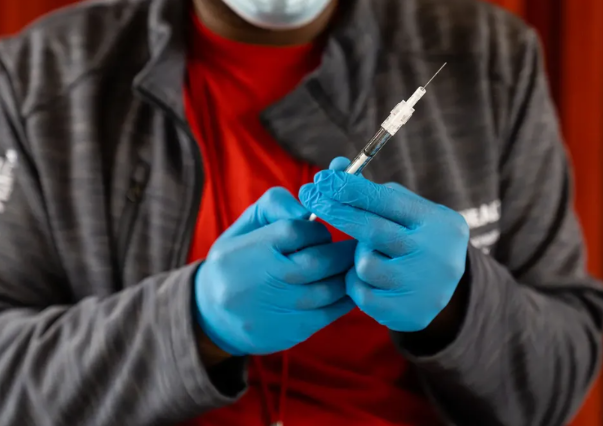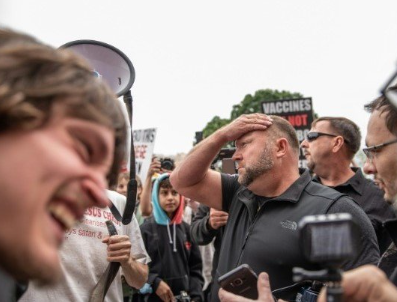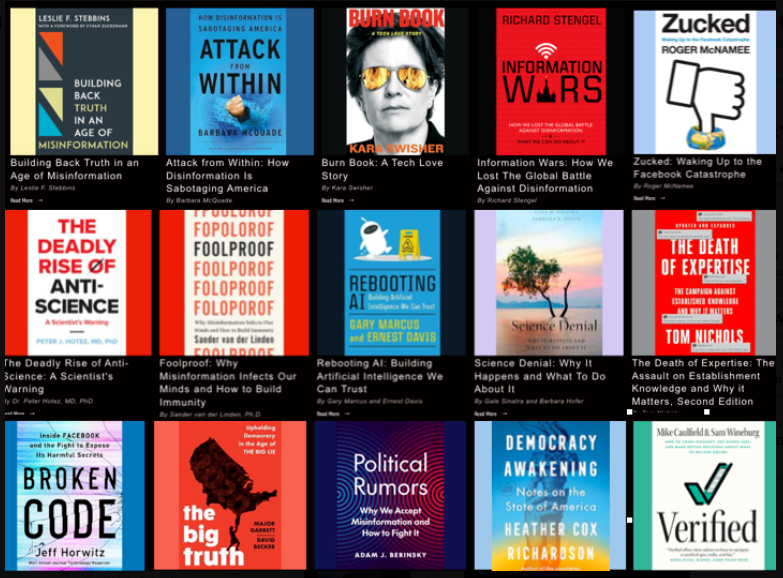Four years after COVID, misinformation still endangers some Americans' health. Here's why.
Max Loughnane, 12, grips his dad's hand as he receives a second dose of the Pfizer COVID-19 vaccine from Desert Care Network registered nurse Gael Whetstone in Palm Springs, Calif., on June 29, 2021. All California residents 12 years of age and older are eligible to receive the vaccine. Taya Gray, The Desert Sun/USA TODAY Network
USA Today
Jesse Ehrenfeld, an anesthesiologist at a Wisconsin hospital, asked a patient about to have heart surgery if she would consent to a blood transfusion should it become necessary.
It's a standard question. But the patient refused.
It was 2021, and the COVID-19 vaccine had become publicly available only a few months earlier. This patient, though, made it clear she did not want it – or blood from anyone who already had it.
"It was at that moment I knew we were in for it," Ehrenfeld said.
It was four years ago this week that the scope of the crisis facing the world began to crystallize: The World Health Organization classified COVID-19 as a pandemic, and then-President Donald Trump declared a nationwide emergency that would last three years.
Though the pandemic no longer dominates headlines as it once did, misinformation about nearly every aspect still spreads online. More than 1.1 million people in the U.S. have died of COVID-19, including hundreds of thousands who, for reasons often rooted in misinformation, chose not to get vaccinated. About 30% of the population hasn't received the initial series of vaccines.
RELATED STORIES FROM THE INTEGRITY PROJECT




